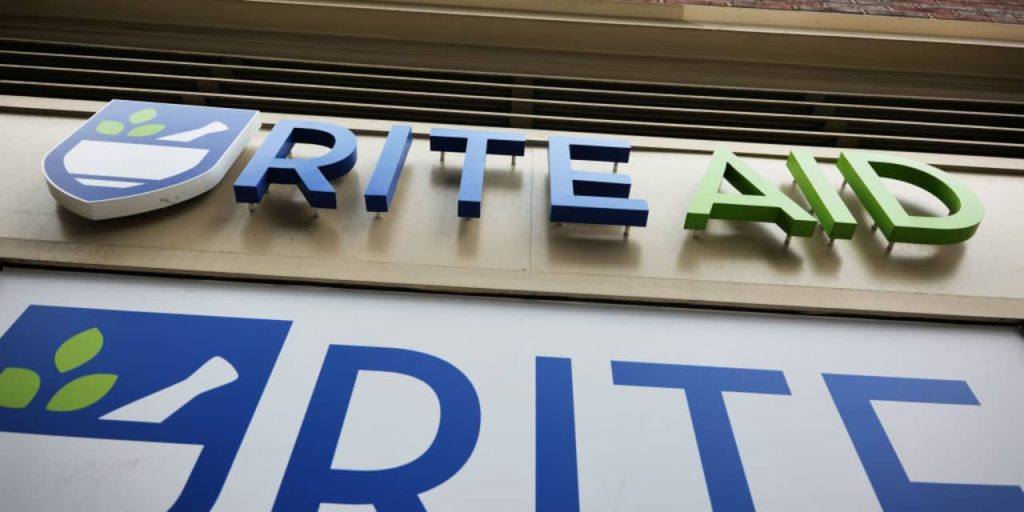It may be easy to ignore a regulatory slap on the wrist against a bankrupt drugstore chain, but
Rite Aid’s
ban against using facial recognition to fight shoplifting is a lesson—for companies and consumers alike—about the risks of artificial intelligence.
The Federal Trade Commission on Tuesday said Rite Aid was barred from using facial recognition technology for surveillance purposes for five years, alleging that the group failed to prevent harm to consumers. The FTC alleged that the company’s deployment of AI-based facial recognition from 2012 to 2020 led to some customers being erroneously accused of wrongdoing because the technology falsely flagged them as matching prior shoplifters.
“Rite Aid’s reckless use of facial surveillance systems left its customers facing humiliation and other harms,” Samuel Levine, the director of the FTC’s bureau of consumer protection, said in a statement.
Rite Aid—which filed for Chapter 11 bankruptcy protection in October amid litigation related to the opioid epidemic—said in a statement that it was pleased to resolve the matter and is “aligned with the agency’s mission to protect consumer privacy.” The company said it fundamentally disagreed with the allegations, saying it used facial recognition in a limited number of stores in a pilot program that ended before the regulator’s probe began.
The details of the case matter less than the implications. As companies across sectors scramble to find their own spin on implementing AI—a defining technology of 2023 that has boosted stock prices—executives should take heed of the danger of barreling headlong into new and unregulated tech.
The FTC seems poised to step in and stop companies from using AI when it deems it necessary. A multiyear ban against using such a transformational technology, even for one specific purpose, may be far worse than a cash penalty.
For Rite Aid specifically, this ban could prevent the company from using facial recognition for surveillance in responsible ways at a time when retailers are under pressure from a rise in shoplifting. That means other retailers should also take particular note.
What might be bad for companies may be good for consumers, who would do well to pay attention to how AI is leaking into public life. The potential downsides of AI are real, and more immediate than the concern about a potential global robot takeover.
The harm, whether in diminished competition or blows to consumer welfare, could outweigh the benefits. And the stakes are high. In-store surveillance is one thing, but how about unready self-driving cars or manipulative e-commerce algorithms?
The FTC’s enforcement action against Rite Aid is likely just the start of what could be a spate of rulings over the use of AI. It is a reminder that regulators exist for a reason, and that consumer protection should remain at the forefront of adopting any new technology, no matter how flashy.
At the same time, regulators need coherent rules, lest companies and consumers be left to deduce what isn’t permitted from how the government chooses to crack down.
Everyone benefits from clarity.
Write to Jack Denton at jack.denton@barrons.com
Read the full article here
